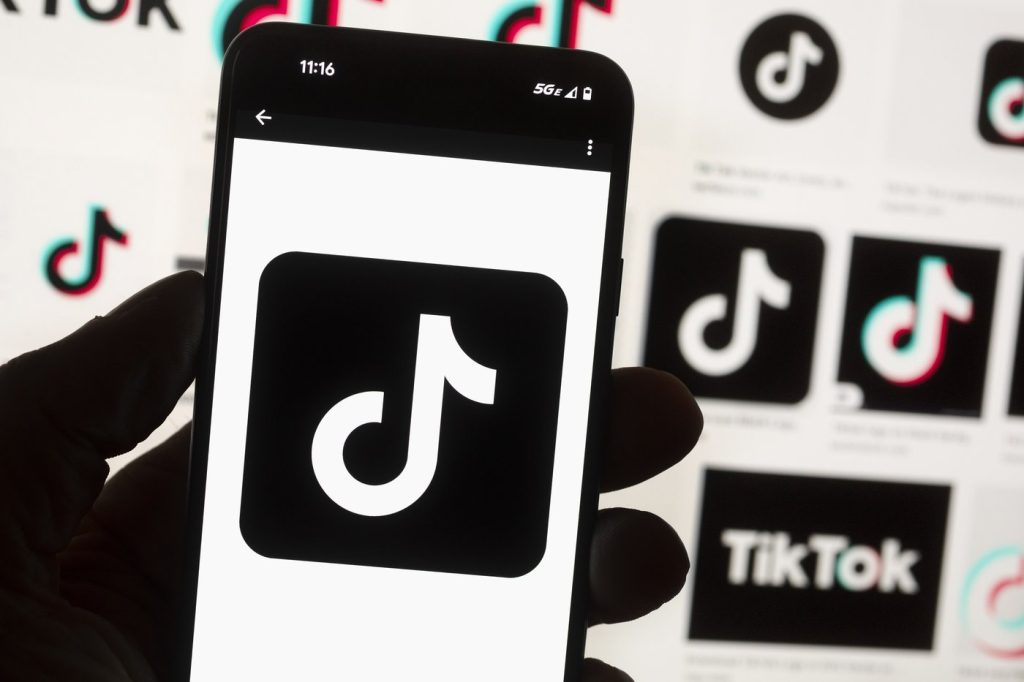WASHINGTON (AP) — President Donald Trump has remarked that national security and privacy concerns regarding TikTok and its Chinese parent company, ByteDance, are “highly overrated.” During a recent press conference, he announced that he would continue to extend the deadline for the popular video-sharing platform until it finds a suitable buyer. This statement comes after Congress enacted a U.S. ban on TikTok unless ByteDance sold its controlling stake.
So far, Trump has extended the deadline for TikTok's sale three times during his second term, with the next deadline set for September 17. He assured reporters, “We’re gonna watch the security concerns,” but emphasized that there are American buyers interested in acquiring TikTok. He further stated, “Until the complexity of things works out, we just extend a little bit longer.”
The initial extension occurred through an executive order on January 20, the first day of Trump’s administration, after a national ban, approved by Congress and upheld by the U.S. Supreme Court, briefly took effect. The second extension was in April when White House officials believed they were close to reaching a deal to spin off TikTok into a U.S.-owned company. However, the negotiations fell through when China withdrew following Trump’s tariff announcement.
In an interesting twist, the White House started a TikTok account this week, which adds another layer to the ongoing situation. Trump himself has expressed his fondness for the platform, saying, “I used TikTok in the campaign. I’m a fan of TikTok. My kids like TikTok. Young people love TikTok. If we could keep it going.” This statement indicates a shift in the narrative surrounding the app, highlighting its popularity among younger audiences.
As the deadline extensions continue, the chance of an imminent TikTok ban in the U.S. appears to decrease. The White House's decision to keep the app operational through executive order has faced scrutiny but has yet to encounter a legal challenge in court, unlike many of Trump’s other executive actions.
Public opinion on TikTok has become increasingly divided compared to two years ago. A recent Pew Research Center survey reported that only about one-third of Americans currently support a TikTok ban, down from 50% in March 2023. The survey indicated that roughly one-third of Americans oppose a ban, while a similar portion remains uncertain. Among those in favor of banning TikTok, approximately 80% cited concerns regarding user data security as a primary reason for their stance.
Overall, these developments underscore the evolving political landscape surrounding TikTok, reflecting growing complexities, public sentiment, and ongoing negotiations that continue to shape its future in the United States.











